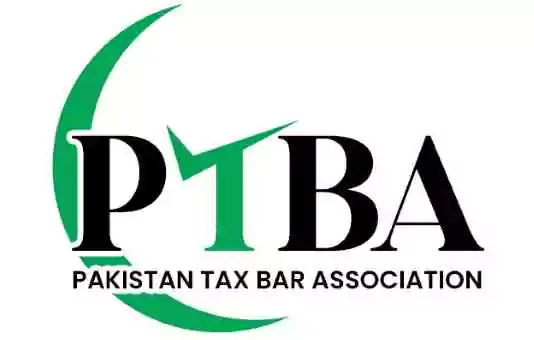Karachi, December 30, 2024 – The Pakistan Tax Bar Association (PTBA) has formally urged the Chairman of the Appellate Tribunal Inland Revenue (ATIR) to disclose performance metrics for cases resolved under the Tax Laws (Amendment) Act, 2024. This demand underscores widespread frustration within the tax community over inefficiencies in the revamped two-tier appeal system.
In a strongly-worded letter invoking Article 19A of the Constitution, the PTBA highlighted the systemic flaws that have marred the implementation of the Tax Laws (Amendment) Act, 2024. This legislation, enacted on May 3, 2024, introduced a revised framework for the appellate system across the Income Tax Ordinance, 2001, Sales Tax Act, 1990, and Federal Excise Act, 2005. A pivotal change was the introduction of pecuniary jurisdiction, delineating cases where tax demands do not exceed Rs. 20 million to the purview of commissioners, with larger cases relegated to the ATIR.
However, the PTBA contends that this overhaul has not achieved its intended objectives. Instead, taxpayers and legal practitioners face escalating challenges, including bench inefficiencies, inappropriate conduct by tribunal members, and an alarming backlog of unresolved cases. The PTBA’s letter cites specific grievances, such as the persistent delay in issuing judgments well beyond the stipulated 90-day timeline prescribed under Section 132(1) of the Income Tax Ordinance, 2001.
“Over six months have passed since the enactment of these amendments, yet the promised streamlining of the appeal process remains a far cry from reality,” the PTBA stated. The association expressed grave concern that taxpayers continue to suffer from procedural stagnation and escalating costs, undermining confidence in the appellate framework.
To substantiate its concerns, the PTBA has demanded a comprehensive performance report from the ATIR, excluding stay applications, addressing the following:
1. The total number of cases pending before the enactment of the Tax Laws (Amendment) Act, 2024.
2. The total number of cases filed post-enactment.
3. A breakdown of pending cases filed after the amendment, specifically distinguishing those where hearings have concluded but orders remain pending.
4. The total number of cases adjudicated since the legislation’s passage.
The PTBA emphasized that a transparent and honest assessment of these metrics will unequivocally demonstrate the legislative reform’s failure to deliver its objectives. “Taxpayers are losing faith in the system, as access to justice becomes increasingly onerous and prohibitively expensive,” the association lamented.
In conclusion, the PTBA’s letter casts a glaring spotlight on the operational shortcomings of the ATIR, calling for immediate corrective measures to restore efficiency and fairness within Pakistan’s tax appellate system. Without meaningful action, the association warns, the integrity of the country’s tax administration will remain at stake.
